Research Faculty
Jianer Chen
- Professor, Computer Science & Engineering
- Office: PETR 428
- Phone: 979-845-4259
- Email: chen@cse.tamu.edu

Tim Davis
- Professor, Computer Science & Engineering
- Office: PETR 235
- Phone: 979-845-4094
- Email: davis@tamu.edu

Juan Garay
- Professor, Computer Science & Engineering
- Associate Director, Global Cyber Research Institute
- Office: PETR 429
- Phone: 979-845-4359
- Email: garay@cse.tamu.edu

Anxiao "Andrew" Jiang
- Professor, Computer Science & Engineering
- Office: PETR 425
- Phone: 979-845-7983
- Email: ajiang@cse.tamu.edu
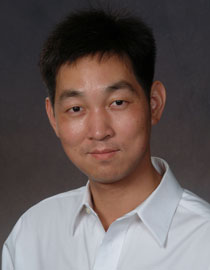
John Keyser
- Professor, Computer Science & Engineering
- Graduate Advisor
- Office: PETR 408 | Advising: EABA 114
- Phone: 979-458-0167
- Email: keyser@cse.tamu.edu

Andreas Klappenecker
- Professor, Computer Science & Engineering
- Office: PETR 418
- Phone: 979-458-0608
- Email: klappi@cse.tamu.edu
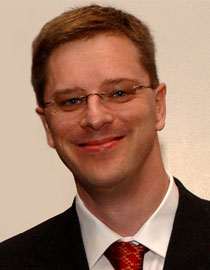
Dmitri Loguinov
- Professor, Computer Science & Engineering
- Office: PETR 209
- Phone: 979-845-0512
- Email: dmitri@cse.tamu.edu

Guni Sharon
- Associate Professor, Computer Science & Engineering
- Office: PETR 316
- Phone: 979-845-5498
- Email: guni@tamu.edu

Sing-Hoi Sze
- Associate Professor, Computer Science & Engineering
- Office: PETR 427
- Phone: 979-845-5009
- Email: shsze@cse.tamu.edu
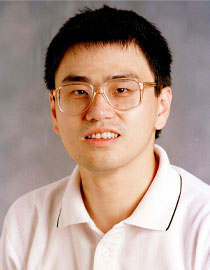
Shawna Thomas
- Instructional Associate Professor, Computer Science & Engineering
- Undergraduate Advisor
- Office: PETR 319 | Advising: EABA 104
- Phone: 979-862-8877
- Email: sthomas@tamu.edu
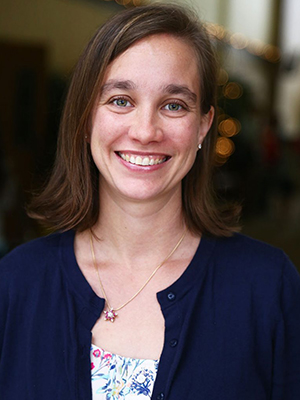
Han Tran
- Instructional Assistant Professor, Computer Science & Engineering
- Office: ECRD 309E (Galveston)
- Phone: 409-740-5517
- Email: hantran@tamu.edu

Nate Veldt
- Assistant Professor, Computer Science & Engineering
- Office: PETR 306
- Phone: 979-845-2913
- Email: nveldt@tamu.edu

Samson Zhou
- Assistant Professor, Computer Science & Engineering
- Office: PETR 424
- Phone: 979-458-6242
- Email: samsonzhou@tamu.edu
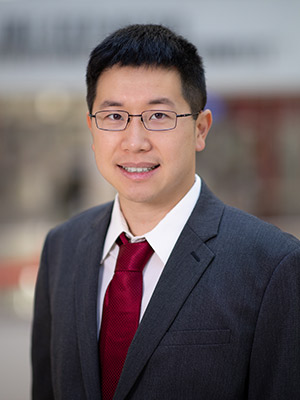
Courtesy Appointments
Nick Duffield
- Professor, Electrical & Computer Engineering
- Royce E. Wisenbaker Professor I
- Director, Texas A&M Institute of Data Science
- Affiliated Faculty, Computer Science & Engineering
- Office: WEB 332D
- Phone: 979-845-7328
- Email: duffieldng@tamu.edu

Courses Offered
CSCE 620/VIZA 720. Computational Geometry Credits 3. 3 Lecture Hours
Concrete algorithm design and analysis; abstract models to analyze the complexity of problems; NP-Completeness; approximation and probabilistic algorithms
Prerequisite: CSCE 311
Cross Listing: VIZA 670/CSCE 620
CSCE 626. Parallel Algorithm Design and Analysis. Credits 3. 3 Lecture Hours
Design of algorithms for use on highly parallel machines; area-time complexity of problems and general lower bound theory; application (of these concepts) to artificial intelligence, computer vision and VLSI design automation.
Prerequisite: CSCE 221.
CSCE 627. Theory of Computability. Credits 3. 3 Lecture Hours
Formal models of computation such as pushdown automata; Turing machines and recursive functions; unsolvability results; complexity of solvable results.
Prerequisite: CSCE 433.
CSCE 629. Analysis of Algorithms. Credits 3. 3 Lecture Hours
Concrete algorithm design and analysis; abstract models to analyze the complexity of problems; NP-Completeness; approximation and probabilistic algorithms.
Prerequisite: CSCE 411.
CSCE 637. Complexity Theory. Credits 3. 3 Lecture Hours
Deterministic, non-deterministic, alternating and probabilistic computations; reducibilities; P, NP and other complexity classes; abstract complexity; time, space and parallel complexity; and relativized computation.
Prerequisite: CSCE 627 or approval of instructor
CSCE 640. Quantum Algorithms. Credits 3. 3 Lecture Hours
Introduction to the design and analysis of quantum algorithms; basic principles of the quantum circuit model; gives a gentle introduction to basic quantum algorithms; reviews recent results in quantum information processing.
Prerequisite: CSCE 629 or approval of instructor
CSCE 658. Randomized Algorithms. Credits 3. 3 Lecture Hours
Introduction to randomized algorithms; selected tools and techniques from probability theory and game theory are reviewed, with a view towards algorithmic applications; the main focus is a thorough discussion of the main paradigms, techniques, and tools in the design and analysis of randomized algorithms; a detailed analysis of numerous algorithms illustrates the abstract concepts and techniques.
Prerequisite: Graduate classification.
CSCE 669. Computational Optimization. Credits 3. 3 Lecture Hours
Combinatorial theory of polytopes as a tool for the solution of combinatorial optimization problems; applications to max flow, matching and matroids; geometric interpretation of the results indicating the profound role that polyhedral combinatorics play in the design and complexity of approximation algorithms.
Prerequisite: CSCE 629.
CSCE 711. Foundations of Modern Cryptography. Credits 3. 3 Lecture Hours
Perfectly secure encryption; pseudorandom functions and permutations; one-way functions; computational hardness; symmetric-key and public-key cryptography; more advanced cryptographic protocols. Rigorous quantifiable secure guarantees, based on precise mathematical definitions, reductions and provably secure protocols.
Prerequisite: CSCE 411.